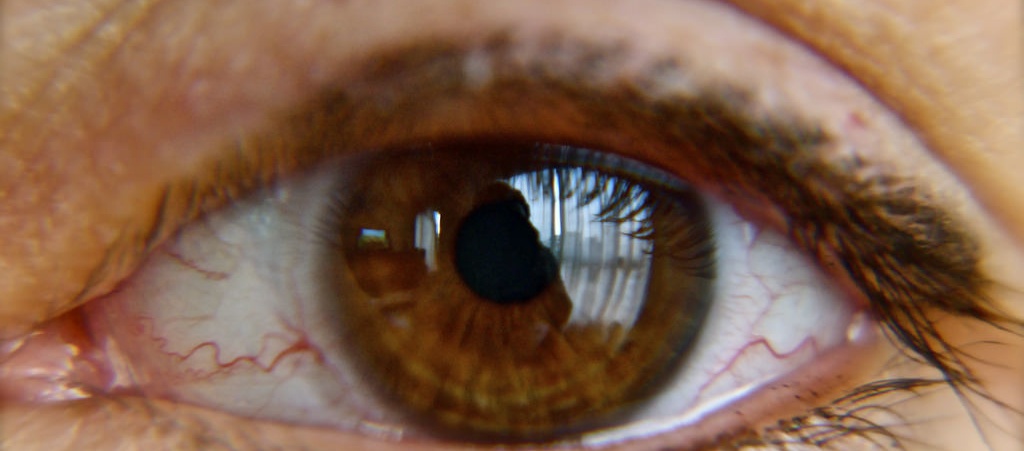
Orbital cellulitis is an infection of the tissues of the orbit which are located at the back of the orbital septum. It can affect the eyelid, cheeks and eyebrows. The infection can be caused by local injuries (insect bites or penetrating eye injuries) or by the spread of contiguous facial infections.
This infection can become serious, causing even blindness, so it is very important to know the symptoms and treat them properly. Likewise, it is important to differentiate orbital cellulitis from periorbital or preseptal cellulitis, that occurs in front of the orbital septum and not in it.
Orbital cellulitis is caused by the appearance of adjacent centres of fulminant infection that can be caused by:
Factors to be taken into account for the detection of this pathology are:
Redness and swelling of the eyelids (erythema and oedema) together with any of the following symptoms:
If you notice any of these symptoms, it is very important to go immediately to the ophthalmologist to receive a diagnosis. The ophthalmologist will explore your eyes, nose, eyelids and face.
The diagnosis will be mainly made after having the following results:
Once the pathology has been diagnosed, the ophthalmologist will proceed to prescribe the most appropriate treatment.
Preseptal cellulitis is treated with oral antibiotics and on an outpatient basis (the patient is not admitted into the hospital)
Orbital cellulitis is usually treated in the hospital. The treatment includes:
Likewise, in some cases it will be necessary to resort to surgery to decompress the orbit and perform a drainage of liquids and abscess if the infection does not improve with pharmacological treatment.
The causes of this pathology are usually the extension of a contiguous infection or an infection caused by a penetrating ocular traumatism. Therefore, before any sign of having an infection in the area of the face, it is necessary to go urgently to the doctor to prevent its spread.
It is recommended to use the appropriate safety equipment when practicing sports or doing activities that may pose a risk for your eyes.
This pathology commonly affects children. Therefore, it is important to be vigilant if they show any type of symptom that may indicate an infection, especially in the case of those children who are prone to sinusitis.
Contact us or request an appointment with our medical team.